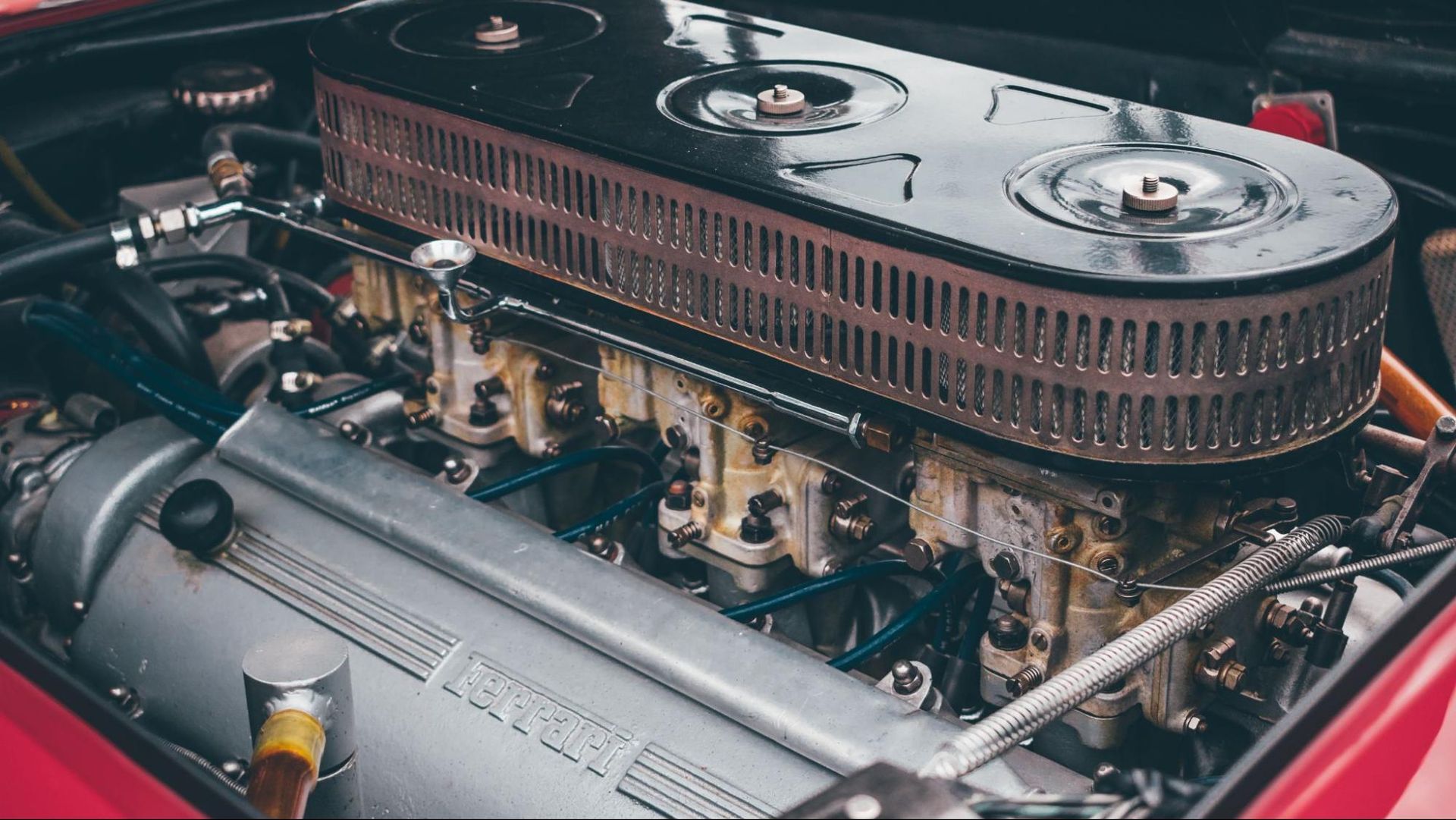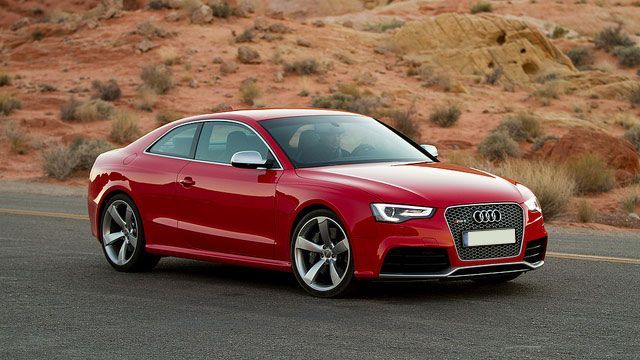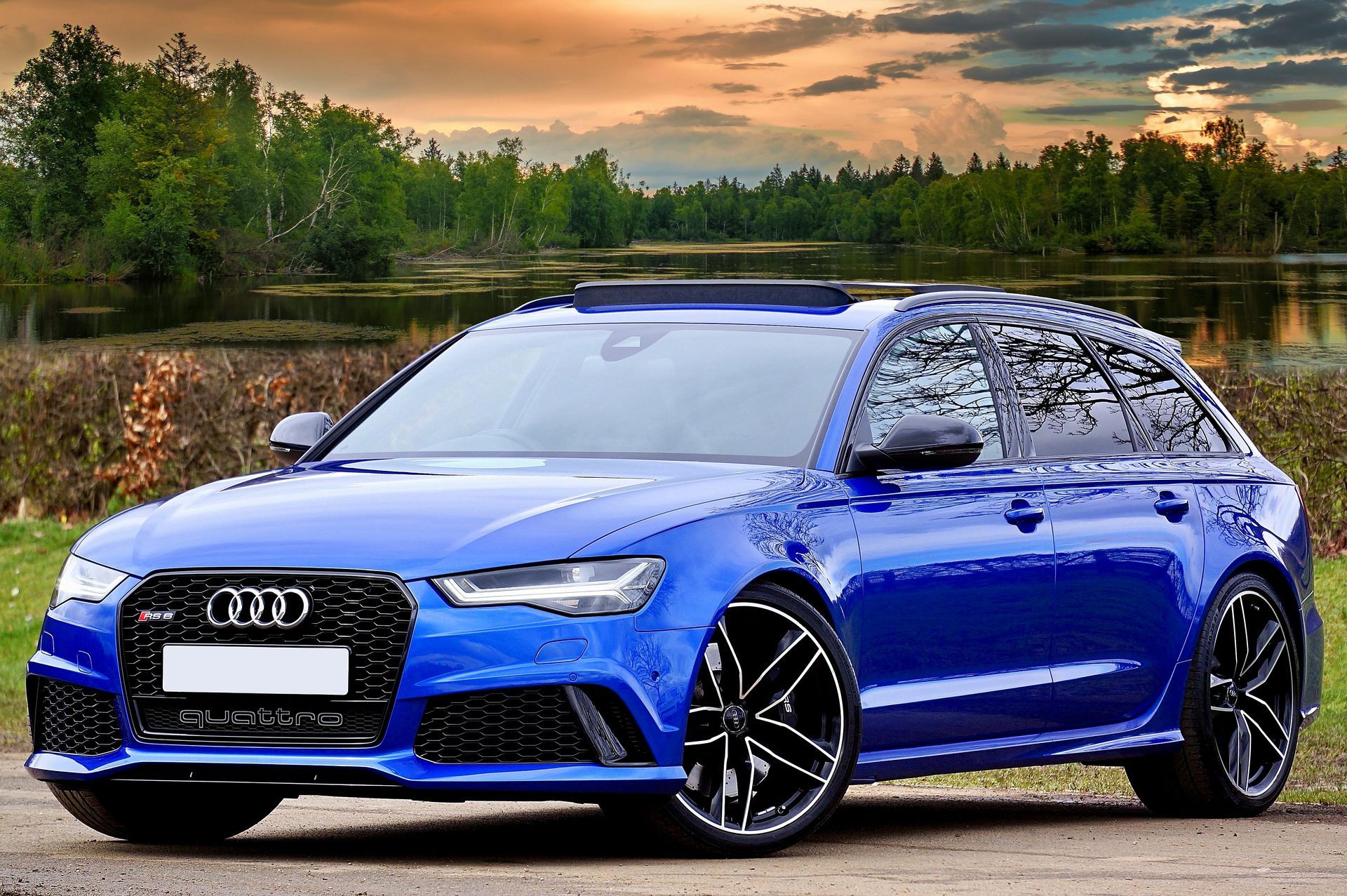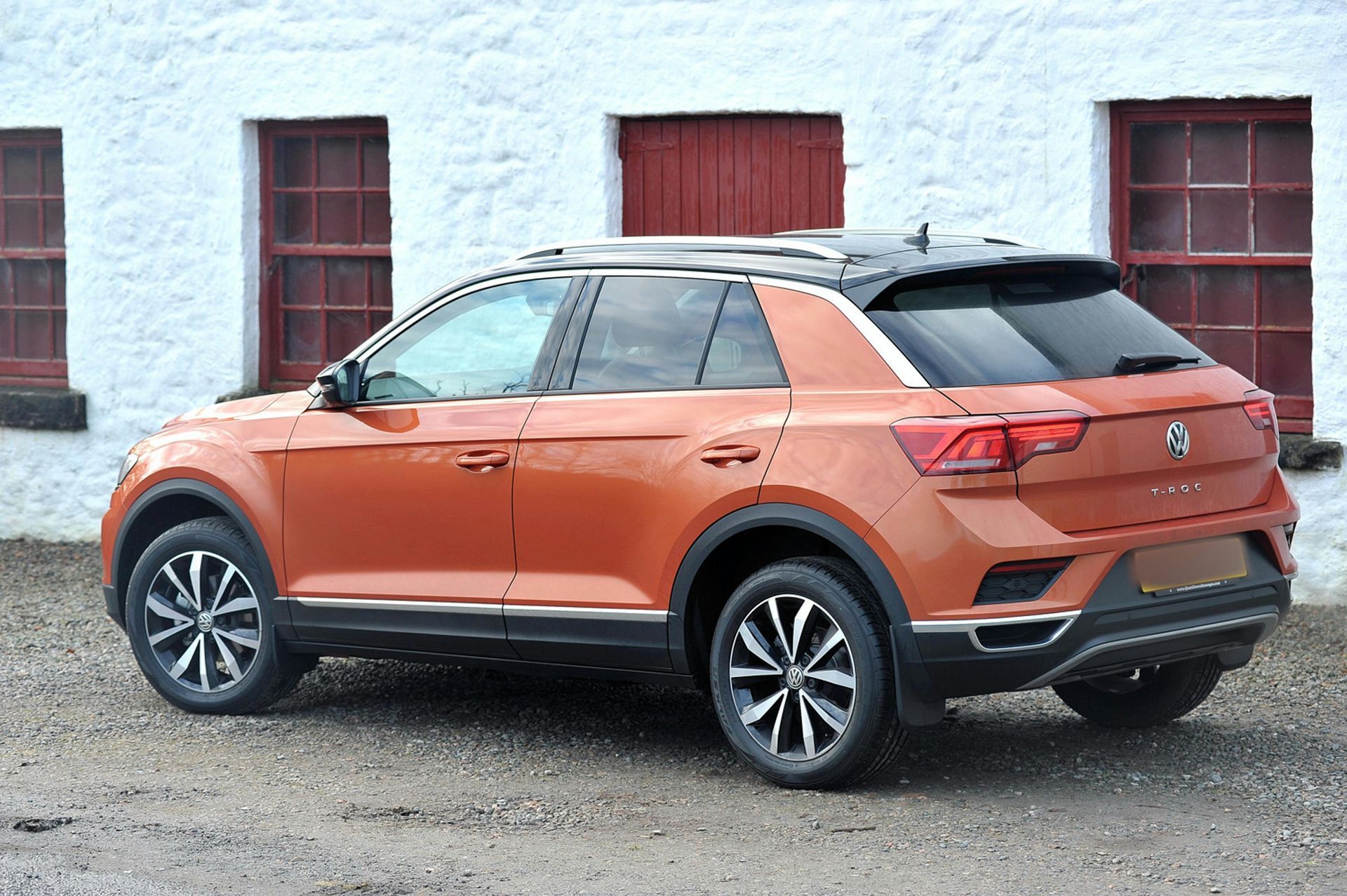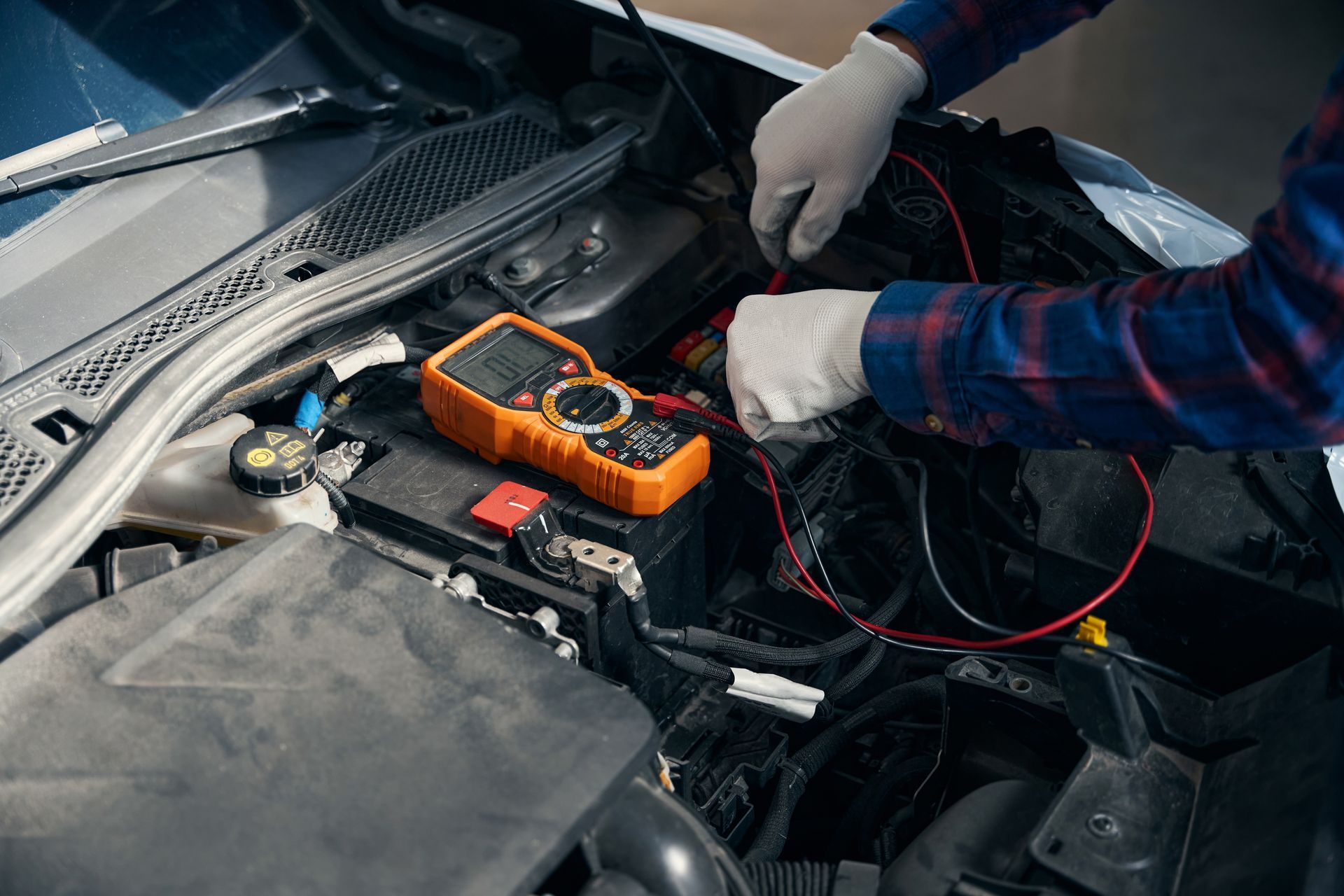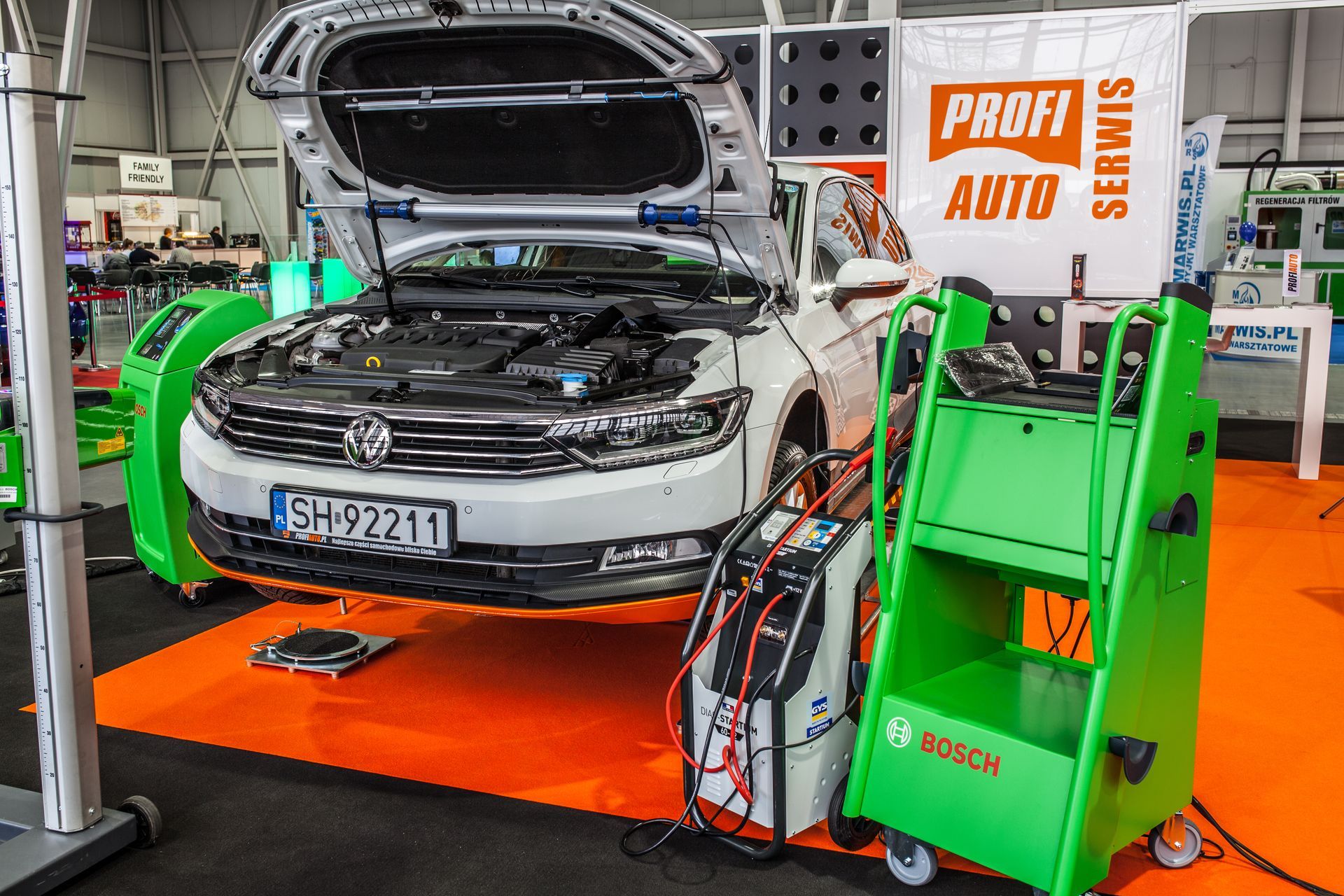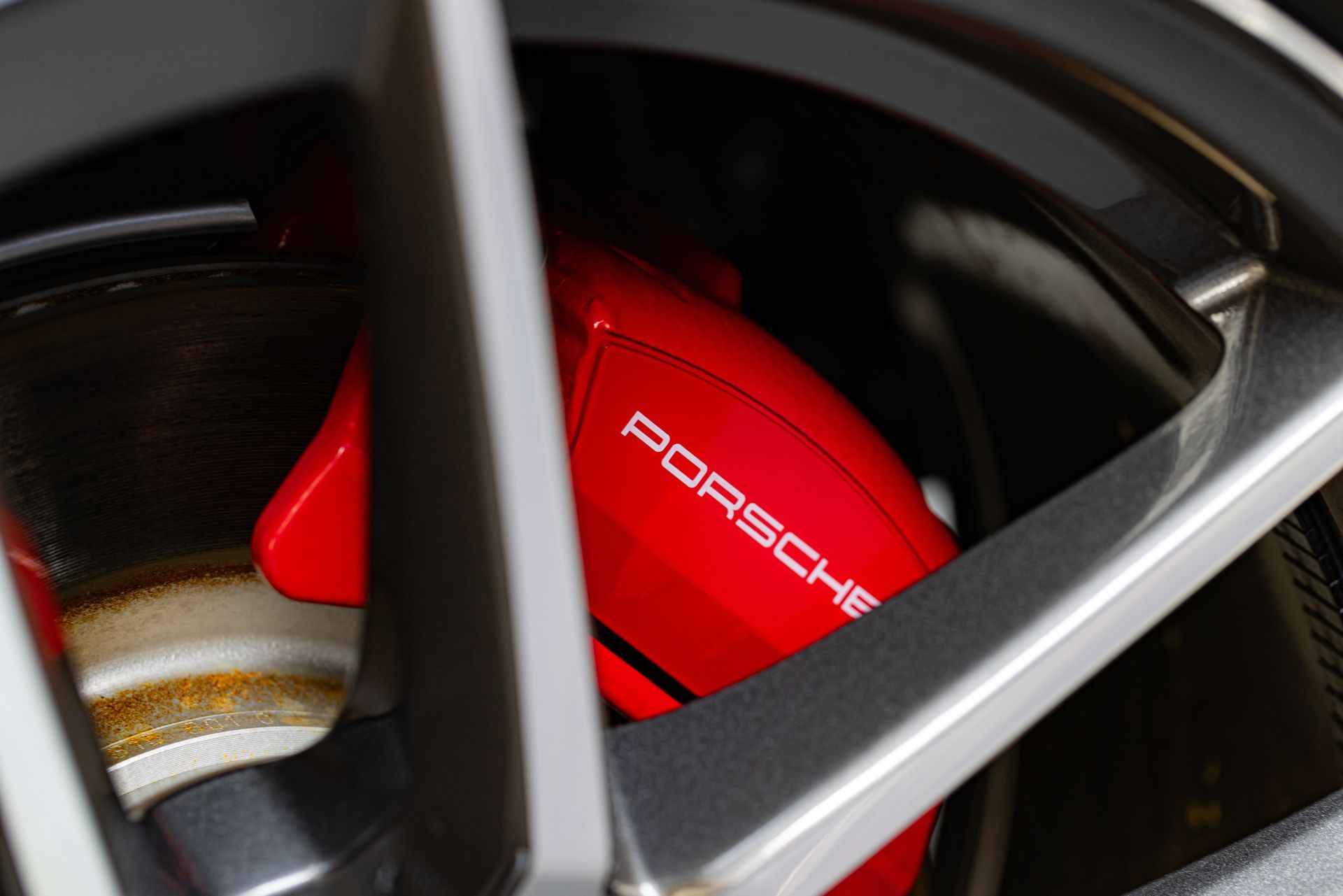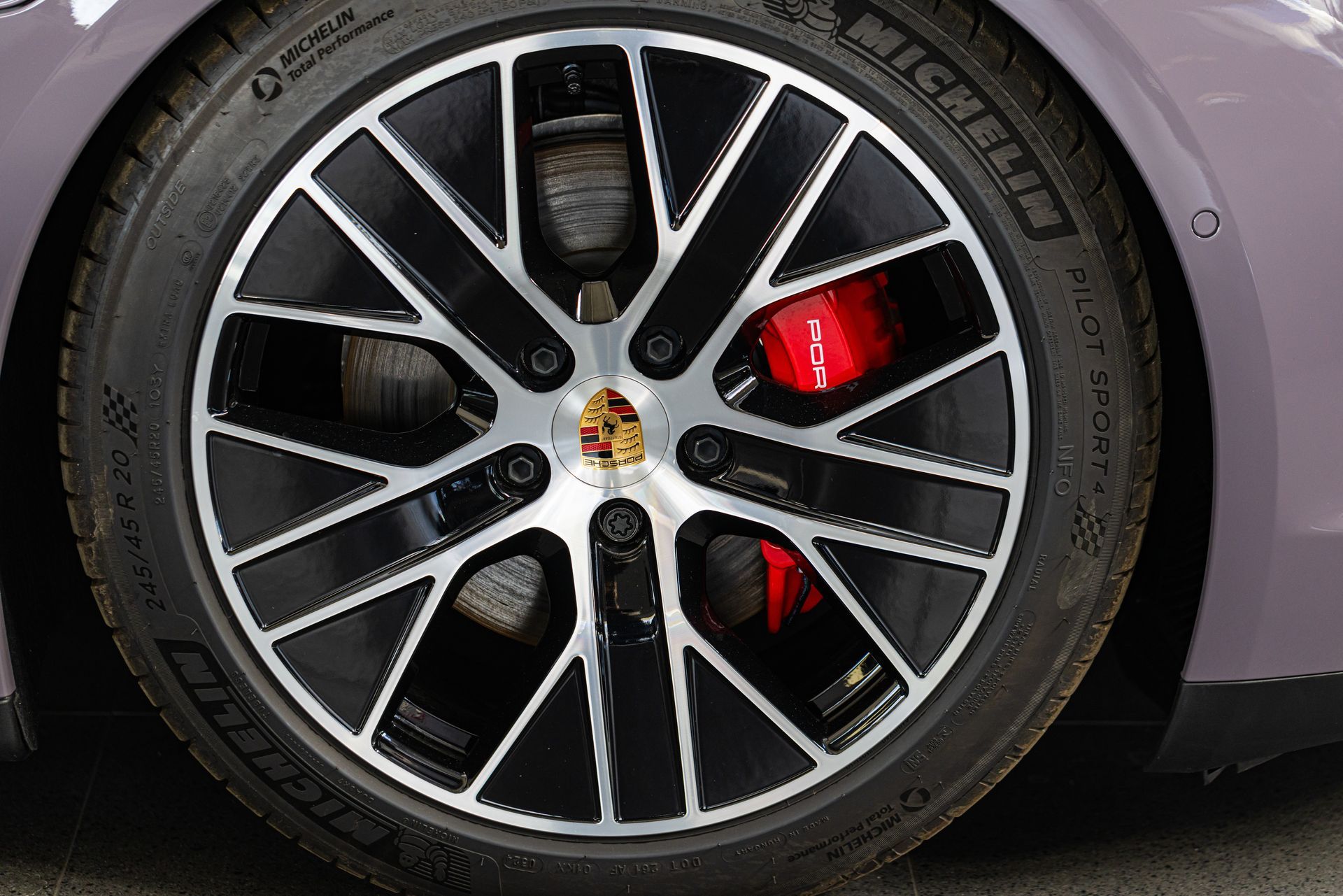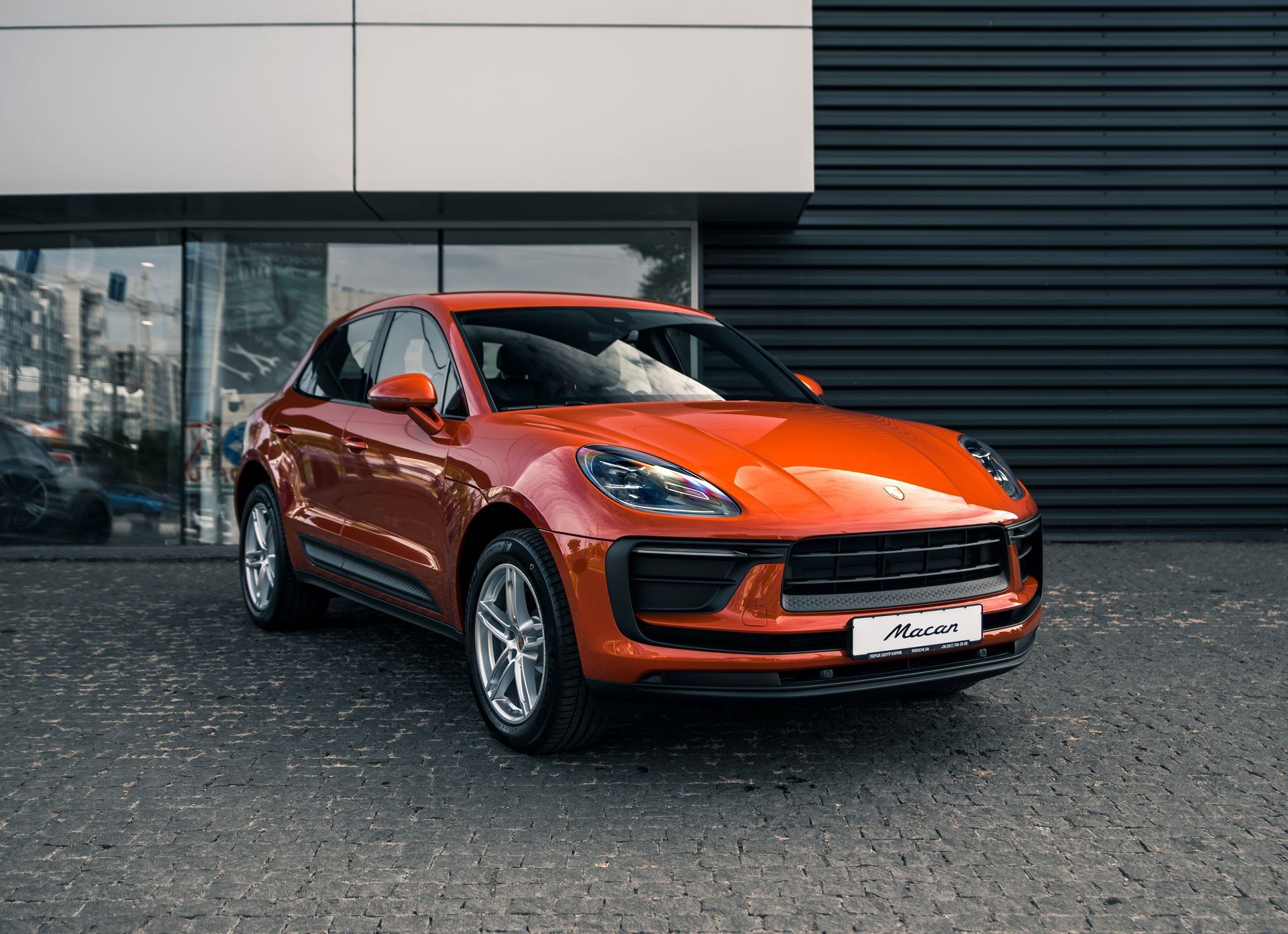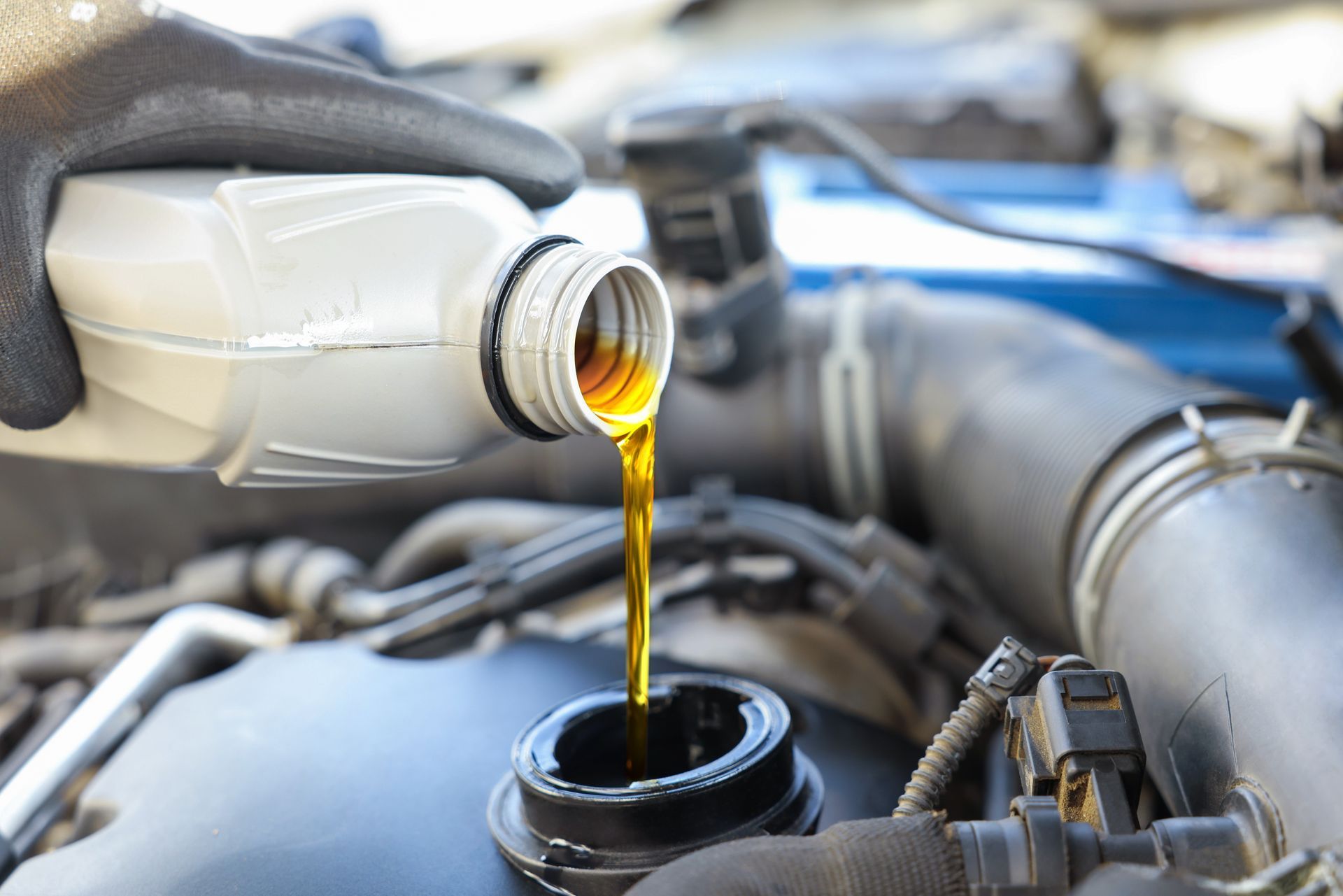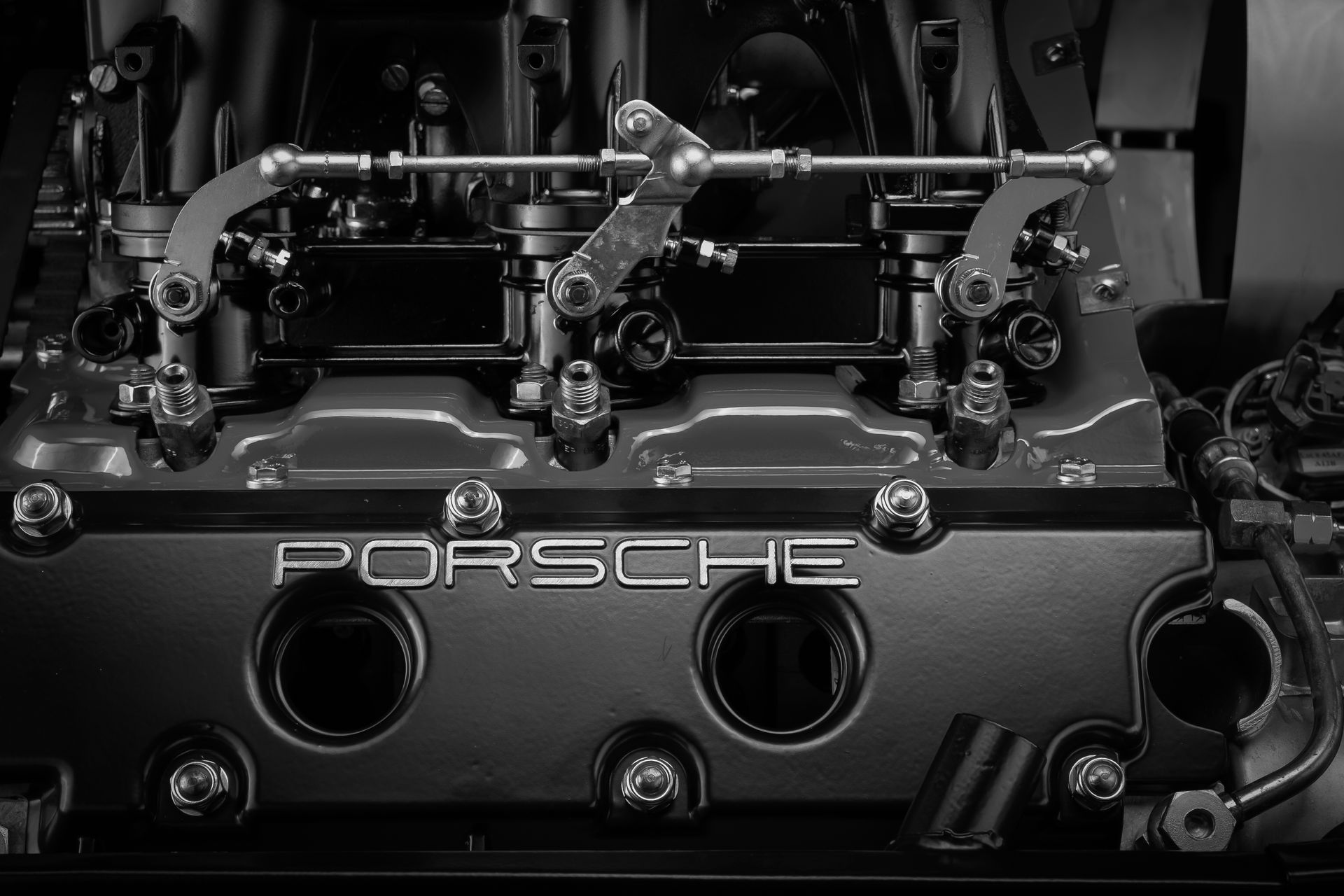November 27, 2025
When you own a Volkswagen or Audi you are driving one of the most advanced brands on the road. These vehicles are engineered with precision technology, complex electrical systems, and highly integrated modules that communicate with each other dozens of times per second. Because of this level of engineering, accurate diagnostics are not optional. They are essential. At Dubwerx we focus exclusively on Volkswagen and Audi vehicles which gives us the experience, tools, and factory level software required to diagnose problems correctly the first time. Proper diagnostics save our Cincinnati drivers time, money, and frustration by preventing misdiagnosed repairs and unnecessary part replacements. Volkswagen and Audi vehicles rely on sophisticated electronics that manage engine performance, braking, safety systems, transmission behavior, comfort features, and more. When something goes wrong, the vehicle stores valuable data that helps us identify the root cause. A general repair shop may have basic diagnostic tools, but VW and Audi systems require equipment that understands brand specific codes, control modules, and communication protocols. At Dubwerx we use advanced tools designed for these vehicles which allow us to see the full picture instead of guessing. When diagnostics are done correctly, repairs are faster, more accurate, and far more cost effective. In this article we explain why diagnostic work is so important for Volkswagen and Audi owners, how Cincinnati driving conditions influence these systems, and what makes our approach different from general auto shops. Volkswagen and Audi electronics require specialized diagnostic tools Volkswagen and Audi models include dozens of modules that communicate with each other through a network. This includes the engine control module, transmission control module, ABS module, steering module, airbag system, comfort control unit, electronic parking brake system, and many others. Each system stores information about how the vehicle is performing and alerts us when something is out of range. To understand this data we use factory level diagnostic tools that communicate in the same language as your vehicle. These tools allow us to access brand specific fault codes, real time sensor readings, freeze frame data, module communication logs, and advanced testing functions. A general diagnostic scanner cannot interpret this data correctly which often leads to incorrect repair recommendations. For example, a misfire on a Volkswagen or Audi engine may not be caused by a coil or a spark plug. It may be related to fuel trim issues, sensor deviations, carbon buildup, boost pressure irregularities, or timing adaptations. Without proper diagnostic tools, it is easy to replace the wrong part and waste money. With the right tools, we see the exact conditions that caused the misfire and address the real problem. Cincinnati driving conditions affect how diagnostic systems respond Cincinnati drivers face a mix of steep hills, heavy traffic, cold winters, and warm summers. These conditions affect how Volkswagen and Audi systems behave. For example, short commutes in cold weather can cause moisture buildup in sensors and exhaust components. Stop and go traffic on I 71 or I 75 increases load on transmission and engine control systems. Hills in neighborhoods like Mount Adams and Price Hill place strain on brakes, turbos, and drivetrains. When a system becomes stressed, it may trigger warning lights or adapt to protect itself. A proper diagnostic scan helps us understand why the system reacted the way it did. This prevents unnecessary repairs and helps us make adjustments based on real data instead of assumptions. Why proper diagnostics prevent unnecessary part replacements One of the biggest advantages of proper diagnostics is avoiding the common trap of replacing parts that are not actually failing. Many general repair shops rely on guesswork when they see a check engine light or a warning message. For example, if an oxygen sensor code appears, some shops immediately replace the sensor. In many cases the real problem may be an intake leak, faulty wiring, or a failing temperature sensor that affects fuel trim. Volkswagen and Audi systems are highly interconnected, so incorrect assumptions can lead to expensive and unnecessary repairs. At Dubwerx we read live data, test components individually, and perform guided troubleshooting procedures based on manufacturer specifications. This approach ensures that we fix the actual problem instead of treating the symptom. When diagnostics are accurate, repairs are efficient. When diagnostics are rushed or incomplete, repairs become costly and frustrating. How we use live data to pinpoint issues One of the most valuable diagnostic tools we use is live data monitoring. This allows us to view how sensors, actuators, and modules are behaving while the vehicle is running. We can observe air flow, fuel trims, boost pressure, timing adjustments, transmission behavior, and dozens of other parameters in real time. For example, if a Cincinnati driver notices hesitation under acceleration, the cause could be related to turbo boost, air metering, timing adjustments, fuel delivery, or sensor performance. Instead of guessing, we analyze live data to find anomalies. This method helps us catch early signs of issues before they turn into larger repairs. Live data also helps identify problems that do not trigger warning lights. Many Volkswagen and Audi issues begin with minor deviations that only a trained specialist will recognize. By monitoring these values we can recommend maintenance that prevents future breakdowns. The importance of module communication diagnostics Volkswagen and Audi vehicles rely on communication between modules to function correctly. When a module stops communicating, becomes corrupted, or receives incorrect signals, the vehicle may behave unpredictably. Some modules may shut down certain features to protect the system. Others may trigger multiple warning lights that appear unrelated. We use diagnostic software that checks communication pathways between modules. This allows us to determine whether a problem is caused by a failing component, a wiring issue, or a software fault. Proper communication diagnostics prevent unnecessary part replacements and help us fix the issue correctly the first time. Why software updates matter for long term performance Volkswagen and Audi regularly release software updates that improve performance, fix bugs, and update system behavior. These updates can affect engine tuning, transmission logic, infotainment functions, safety systems, and many other features. At Dubwerx we check for available updates during diagnostic work. Keeping software current helps your vehicle run smoother and reduces the chances of future faults. General shops rarely check for updates because they do not have the required tools or access to manufacturer databases. Electrical diagnostics are essential for modern VW and Audi models Many Volkswagen and Audi issues are electrical rather than mechanical. These include problems with sensors, wiring, modules, and communication networks. Electrical issues often appear as intermittent faults that come and go. Without proper diagnostic equipment these problems are extremely difficult to identify. We perform electrical diagnostics that include voltage testing, wiring inspection, sensor testing, and module analysis. Electrical systems require patience and precision. By diagnosing electrical issues correctly, we help Cincinnati drivers avoid recurring problems and unnecessary part replacements. Cincinnati weather affects diagnostic needs Cincinnati’s climate contributes to many issues that require diagnostic attention. Cold weather affects batteries, sensors, and idle stability. Hot weather increases stress on cooling systems and turbochargers. Moisture can cause intermittent electrical problems. Sudden temperature changes may trigger sensor deviations. By understanding these patterns we can diagnose issues more accurately. We also know which systems tend to fail during each season, allowing us to make proactive recommendations. Why general auto shops cannot diagnose VW and Audi vehicles correctly Volkswagen and Audi vehicles require factory level equipment, specialized knowledge, and deep familiarity with platform design. General shops often lack these tools and rely on generic code readers that provide limited information. This leads to misdiagnoses, unnecessary part replacements, and repeat visits. At Dubwerx we diagnose Volkswagen and Audi vehicles every day. We know how these systems behave, what patterns to look for, and how to read diagnostic data correctly. Our experience leads to more accurate repairs and better long term outcomes. Proper diagnostics protect your investment Volkswagen and Audi vehicles are an investment, and proper diagnostics are one of the best ways to protect that investment. When issues are identified correctly you avoid costly repairs, prevent breakdowns, and extend the life of your vehicle. Proper diagnostics also ensure that performance stays consistent as your vehicle ages. At Dubwerx we take pride in offering Cincinnati drivers the highest level of diagnostic expertise. Whether you are dealing with a check engine light, electrical issue, performance loss, or an intermittent fault, we can identify the cause accurately and repair it the right way.
